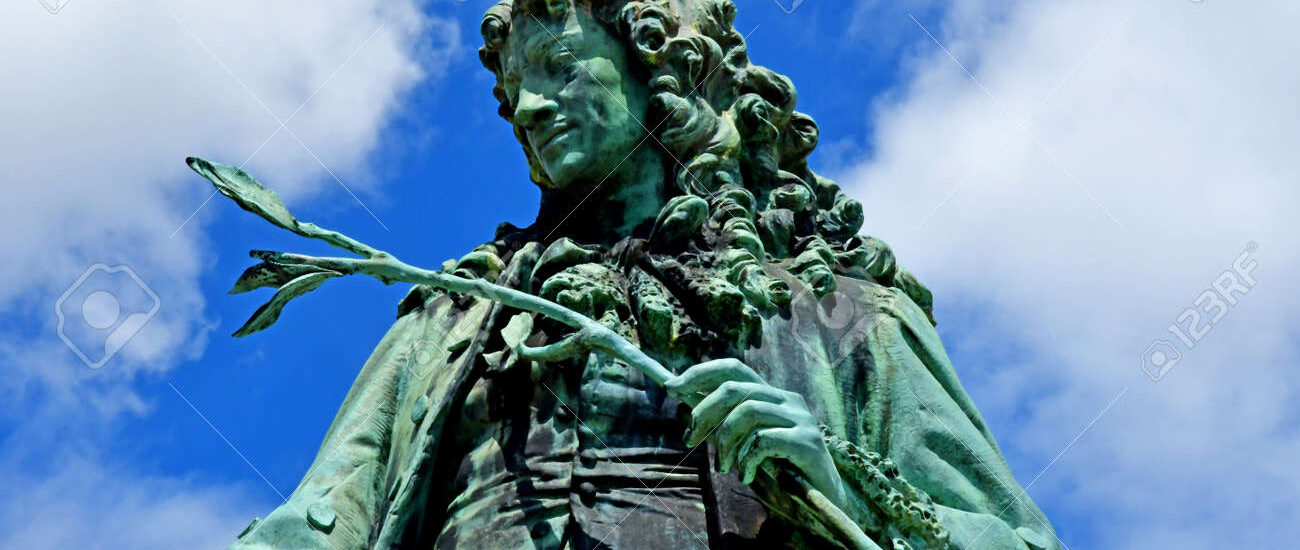Welcome to the Statue de Jean-Baptiste de La Quintinie, a tribute to one of the most influential figures in the history of French horticulture. Situated in France, this statue commemorates a man whose work fundamentally shaped the royal gardens of Versailles during the reign of King Louis XIV.
Jean-Baptiste de La Quintinie was born in 1626 in Chabanais, France, and rose to prominence as a horticulturist. His expertise was recognized by Louis XIV, who appointed him as the Director of the Royal Fruit and Vegetable Gardens in 1670. One of his crowning achievements was the creation of the Potager du Roi, or the King’s Kitchen Garden, located near the Palace of Versailles. This garden was not merely a place to grow food; it was a symbol of the grandeur and self-sufficiency of the French monarchy.
The Potager du Roi was strategically designed to supply the royal table with fresh produce year-round. La Quintinie employed innovative methods to cultivate fruits and vegetables out of season, which was a testament to his ingenuity. His techniques included creating microclimates and using manure to accelerate the ripening of produce. The garden featured a central pond with a fountain, surrounded by a large square sectioned into smaller plots for different types of produce. These innovations made the Potager du Roi a marvel of engineering and horticultural science.
La Quintinie’s contributions went beyond practical gardening. His work and writings, particularly ‘Instruction pour les Jardins Fruitiers et Potagers,’ left a lasting impact on the art of gardening in France and beyond. His methods influenced not only the royal court but also the broader agricultural practices of the time.
Visitors to Versailles, including foreign dignitaries, were often taken to see the Potager du Roi, where La Quintinie’s mastery was on full display. His work was not just about cultivation but about demonstrating the power and sophistication of the French court under Louis XIV. Today, the statue serves as a reminder of his lasting legacy in the world of horticulture and the pivotal role gardens played in the politics and culture of 17th-century France.






